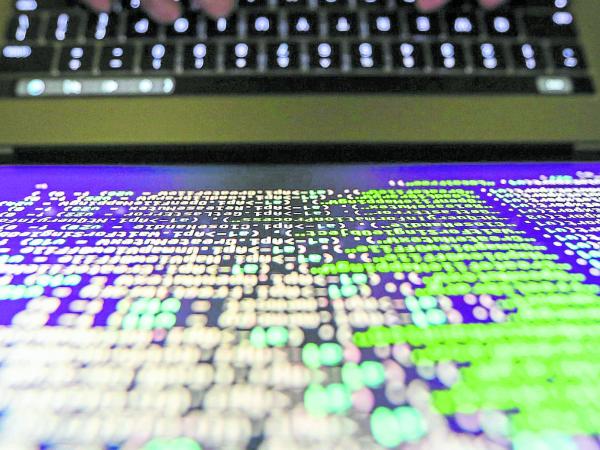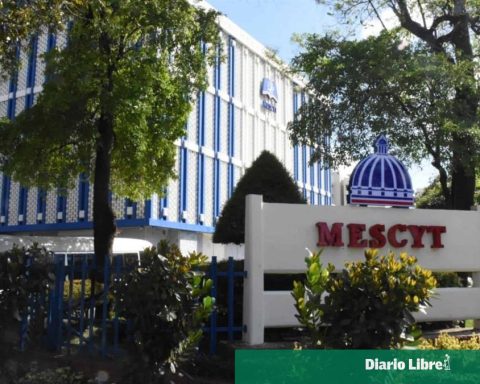The government of Rio de Janeiro is studying the possibility of regulating the activity of decommissioning ships that are paralyzing their operations to start a new economic activity and, with that, find a solution for abandoned vessels in Guanabara Bay. The measure would place the state at the forefront of the decommissioning market, an activity that includes the removal of structures, proper disposal of materials, waste and recovery of areas, in a safe manner and within environmental standards.
“Decommissioning can generate numerous opportunities, not only for the shipbuilding industry in our state, but also for various sectors of the production chain, such as infrastructure, logistics, waste management and cargo handling, among many other specialized services. And these opportunities will certainly generate more jobs and income for people from Rio de Janeiro”, said Governor Cláudio Castro.
The Secretary for Economic Development, Energy and International Relations, Cássio Coelho, who chairs the State Commission for the Development of the Economy of the Sea (Cedemar), said that it was being studied by the secretariat, but gained even more importance after the incident of the bulk carrier São Luiz, who collided in the November 14th with the Rio-Niterói Bridge??
The commission, made up of authorities from the State Institute for the Environment (Inea), Port Authority and Companhia Docas, as well as specialists, met at the Guanabara Palace this Monday (12) to discuss the issue, which is also being analyzed by a group of work formed within the scope of the secretariat.
“Since May, when I took over the commission, this problem of abandoned vessels had been mentioned in several meetings, with different players in the economy of the sea sector. Its decommissioning was already pointed out as one of the alternatives to solve the problem and, with the incident of the São Luiz ship, the matter became a priority”, explained Cássio Coelho.
The next step will be to ask the Judiciary to speed up the auction for the São Luiz vessel, which will be decommissioned.

















